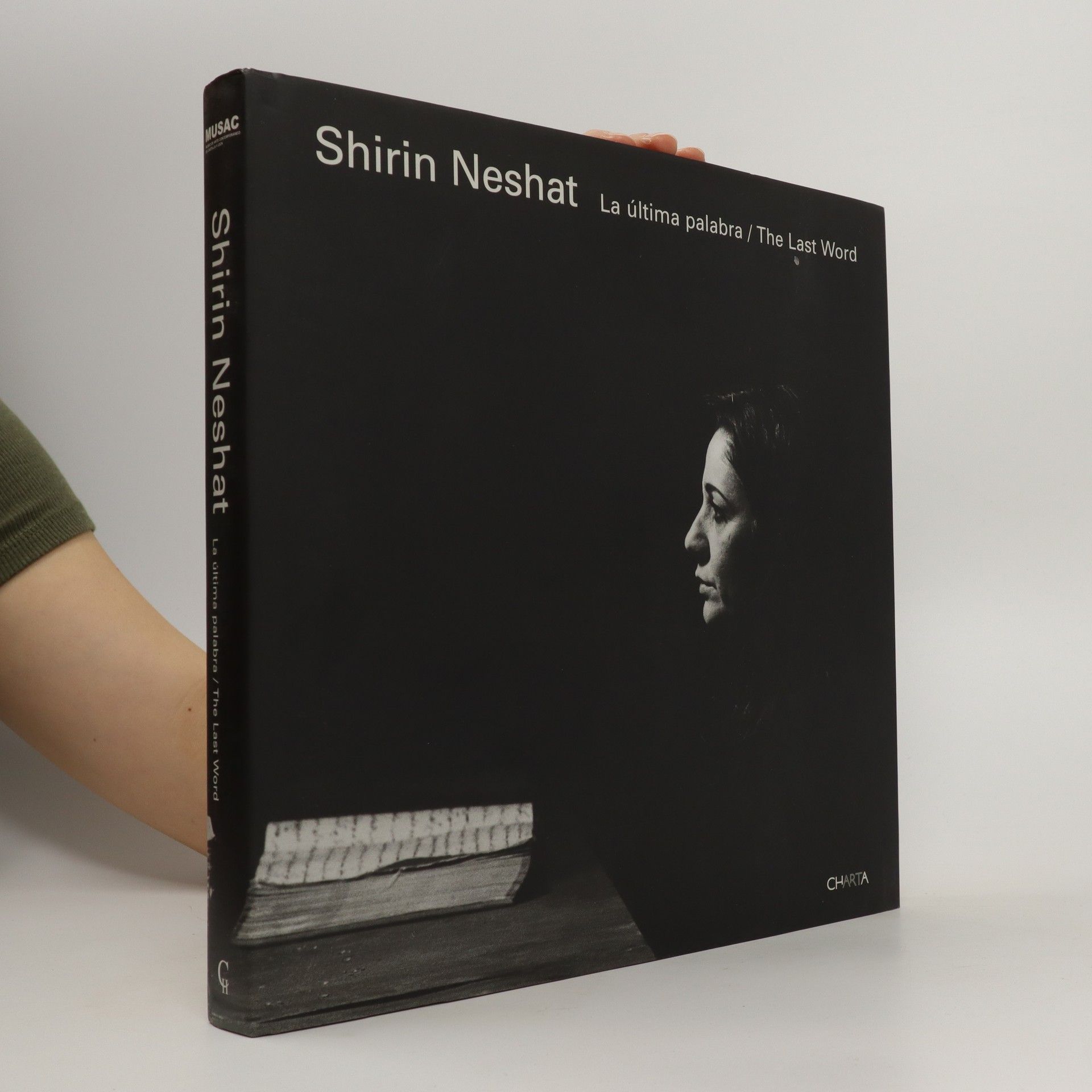Exploring the Zhina uprising in Iran, Hamid Dabashi delves into the complexities of revolutionary success and failure. He examines the bold actions and tragic outcomes of the movement, prompting readers to reconsider how revolutions are evaluated. Through this retelling, the book challenges conventional narratives and encourages a deeper understanding of the dynamics at play in social upheaval.
Hamid Dabashi Book order (chronological)
Hamid Dabashi is a distinguished cultural critic and author whose work illuminates Persian literature and Iranian culture. His prolific output, comprising numerous books and essays, delves into themes ranging from medieval and modern Islam to world art and philosophy. Dabashi challenges the confines of traditional European Orientalist and American area studies, making Iranian studies accessible to a broader audience. He is also the founder of a project dedicated to preserving Palestinian cinema and a strong advocate for transnational art and independent world film.






The book highlights the unique contributions of Dabashi, a distinguished scholar in Iranian cinema and Persian literature. It emphasizes his singular perspective and the depth of his analysis, distinguishing him from other academics in the field. Through his work, readers gain insights into the intricate relationship between culture and film in Iran, showcasing Dabashi's exceptional role in shaping the discourse around these subjects.
Masters and Masterpieces of Iranian Cinema
- 464 pages
- 17 hours of reading
Focusing on twelve influential Iranian filmmakers, this book delves into the remarkable rise of Iranian cinema over the past fifty years. It highlights the challenges posed by censorship yet showcases how filmmakers like Abbas Kiarostami and Jafar Panahi have transcended cultural boundaries. The narrative connects Iranian cinema to broader themes in Persian poetry, fiction, and art, while examining its global acclaim and the pivotal role of international film festivals. This exploration appeals to scholars, film enthusiasts, and those intrigued by modern Iranian cultural history.
Exploring the intersection of history and memory, Hamid Dabashi offers a vibrant, unique and personal examination of Iranian childhood. Combining vivid memories with careful critical reflection, Dabashi considers what it means to be a Muslim and an Iranian, and reasserts the power and place of... číst celé
Dabashi demonstrates how "the West" was an ideological commodity and civilizational mantra invented during the European Enlightenment, serving as an epicenter for the rise of globalized capitalist modernity. In turn, Orientalist ideologues went around the world manufacturing equally illusory abstractions in the form of inferior civilizations in India, China, Africa, Latin America, and the Islamic world. The result was the projection of "Islam and the West" as the prototype of a civilizational hostility that has given false explanations and flawed prognoses of our contemporary history, with weaponized Islamophobia on one side and militant Islamism on the other as its most palpable manifestations. Dabashi argues it is long past time to dismantle this dangerous liaison, expose and overcome its perilous delusions, and reimagine the world beyond its shimmering mirage. .
On Edward Said
- 250 pages
- 9 hours of reading
An intimate intellectual, political and personal portrait of Edward Said, one of the 20th centuries' leading public intellectuals.
The Emperor is Naked
- 240 pages
- 9 hours of reading
Declares the end of the nation state as a political proposition predicting the dissolution of the state as an organizing framer of politics.
Moving beyond the Eurocentric approach to travel narratives, this comprehensive and transformative account of the adventures of more than a dozen Persian travelers in the nineteenth century re-discovers and reclaims the world as seen through their rich travelogues, removing the colonial borders within which their narratives had been placed.
Shirin Neshat la Ultima Palabra / The Last Word
- 252 pages
- 9 hours of reading
The first monograph to thoroughly document Shirin Neshat's video production, The Last Word provides both a beautiful reminder of her work's color and intensity and a crucial tool for her increasing number of fans and scholars. Neshat, who studied in the United States and has lived in New York for many years, found international success following the explosive release of her images of Muslim women wrapped in chadors with verses by rebel Persian poetesses traced on their faces, hands and feet. She became renowned when her short film Turbulent was awarded the Leone d'Oro at the 1999 Venice Biennale. With her camera persistently focused on the veiled women of the Muslim world, Neshat has continued to make striking and courageous work of rare beauty and intensity, and has presented it to continuing acclaim. She goes fearlessly into the widening gulf between conformism and revolt, submission and compliance, that characterizes the women of the Muslim world, seeking out images from the far sides of the divide that will both narrow the distance and help viewers sound its depths. The Last Word is a necessity for those who would approach, informed, the poetic works and the fierce commitment of an extraordinary artist.